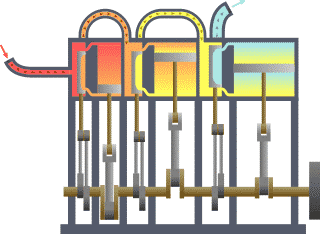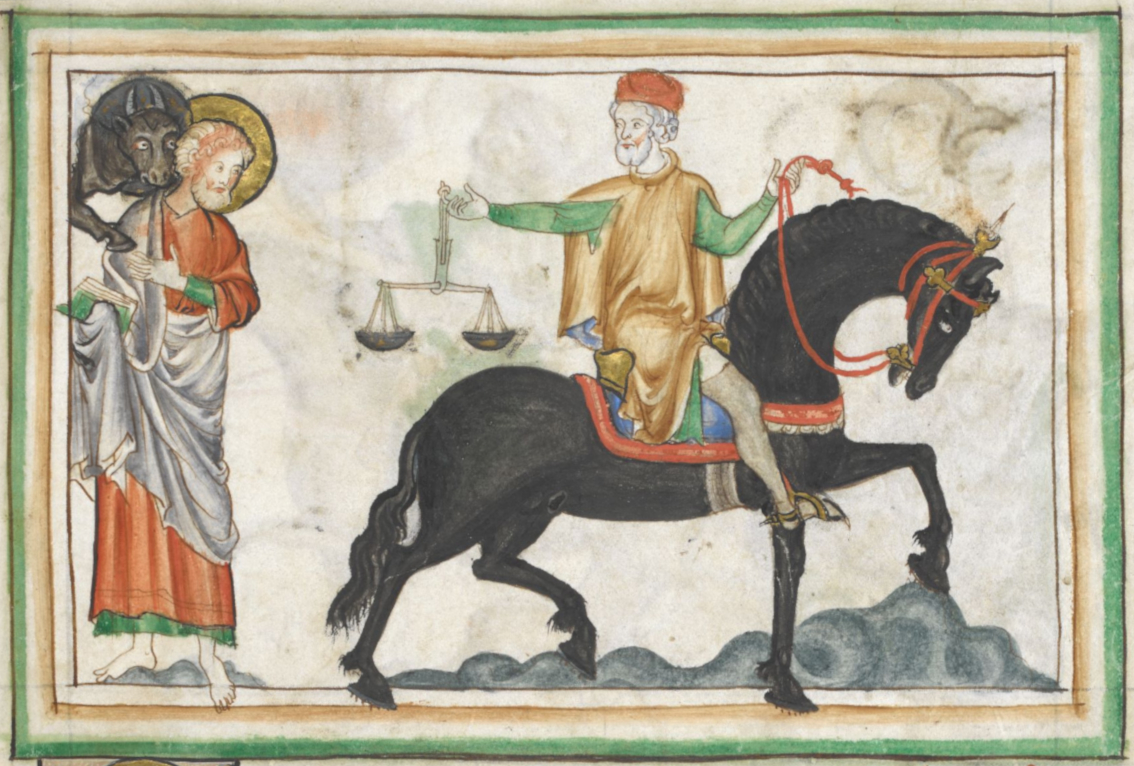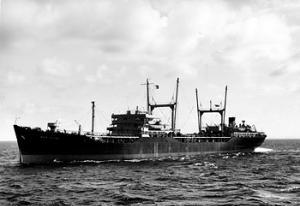|
Empire Beaconsfield
SS ''Dia'' was a cargo ship which was built as ''Empire Beaconsfield'' in 1943. She was owned by the Ministry of War Transport (MoWT) and managed by Bank Line Ltd and Constants (South Wales) LTd. Postwar she was sold to her managers and renamed ''Hawkinge''. She later saw service with different owners as ''Angusbrae'', ''Hispania'' and ''Dia''. She developed a leak and sank off Savona, Italy on 14 October 1964. Career ''Empire Beaconsfield'' was built by William Gray & Sons Ltd, West Hartlepool, Co Durham. She was yard number 1159, ''Empire Beaconsfield'' was launched on 2 October 1943 and completed in December that year. ''Empire Beaconsfield'' was built for the MoWT and placed under the management of Andrew Weir & Co Ltd, trading as the Bank Line. Her port of registry was West Hartlepool. In 1943, management was transferred from Bank Line to Constants (South Wales) Ltd, Cardiff. In 1946, she was sold to her managers and renamed ''Hawkinge''. In 1951, she was sold to the ... [...More Info...] [...Related Items...] OR: [Wikipedia] [Google] [Baidu] |
Cargo Ship
A cargo ship or freighter is a merchant ship that carries cargo, goods, and materials from one port to another. Thousands of cargo carriers ply the world's seas and oceans each year, handling the bulk of international trade. Cargo ships are usually specially designed for the task, often being equipped with crane (machine), cranes and other mechanisms to load and unload, and come in all sizes. Today, they are almost always built of welded steel, and with some exceptions generally have a life expectancy of 25 to 30 years before being scrapped. Definitions The words ''cargo'' and ''freight'' have become interchangeable in casual usage. Technically, "cargo" refers to the goods carried aboard the ship for hire, while "freight" refers to the act of carrying of such cargo, but the terms have been used interchangeably for centuries. Generally, the modern ocean shipping business is divided into two classes: # Liner business: typically (but not exclusively) container vessels (where ... [...More Info...] [...Related Items...] OR: [Wikipedia] [Google] [Baidu] |
Triple Expansion Steam Engine
A compound steam engine unit is a type of steam engine where steam is expanded in two or more stages. A typical arrangement for a compound engine is that the steam is first expanded in a high-pressure ''(HP)'' cylinder, then having given up heat and losing pressure, it exhausts directly into one or more larger-volume low-pressure ''(LP)'' cylinders. Multiple-expansion engines employ additional cylinders, of progressively lower pressure, to extract further energy from the steam. Invented in 1781, this technique was first employed on a Cornish beam engine in 1804. Around 1850, compound engines were first introduced into Lancashire textile mills. Compound systems There are many compound systems and configurations, but there are two basic types, according to how HP and LP piston strokes are phased and hence whether the HP exhaust is able to pass directly from HP to LP ( Woolf compounds) or whether pressure fluctuation necessitates an intermediate "buffer" space in the form of a st ... [...More Info...] [...Related Items...] OR: [Wikipedia] [Google] [Baidu] |
Merchant Ships Of Panama
A merchant is a person who trades in commodities produced by other people, especially one who trades with foreign countries. Historically, a merchant is anyone who is involved in business or trade. Merchants have operated for as long as industry, commerce, and trade have existed. In 16th-century Europe, two different terms for merchants emerged: referred to local traders (such as bakers and grocers) and ( nl, koopman) referred to merchants who operated on a global stage, importing and exporting goods over vast distances and offering added-value services such as credit and finance. The status of the merchant has varied during different periods of history and among different societies. In modern times, the term ''merchant'' has occasionally been used to refer to a businessperson or someone undertaking activities (commercial or industrial) for the purpose of generating profit, cash flow, sales, and revenue using a combination of human, financial, intellectual and physical capital ... [...More Info...] [...Related Items...] OR: [Wikipedia] [Google] [Baidu] |
Steamships Of Panama
A steamship, often referred to as a steamer, is a type of steam-powered vessel, typically ocean-faring and seaworthy, that is propelled by one or more steam engines that typically move (turn) propellers or paddlewheels. The first steamships came into practical usage during the early 1800s; however, there were exceptions that came before. Steamships usually use the prefix designations of "PS" for ''paddle steamer'' or "SS" for ''screw steamer'' (using a propeller or screw). As paddle steamers became less common, "SS" is assumed by many to stand for "steamship". Ships powered by internal combustion engines use a prefix such as "MV" for ''motor vessel'', so it is not correct to use "SS" for most modern vessels. As steamships were less dependent on wind patterns, new trade routes opened up. The steamship has been described as a "major driver of the first wave of trade globalization (1870–1913)" and contributor to "an increase in international trade that was unprecedented in hu ... [...More Info...] [...Related Items...] OR: [Wikipedia] [Google] [Baidu] |
Merchant Ships Of The Netherlands
A merchant is a person who trades in commodities produced by other people, especially one who trades with foreign countries. Historically, a merchant is anyone who is involved in business or trade. Merchants have operated for as long as industry, commerce, and trade have existed. In 16th-century Europe, two different terms for merchants emerged: referred to local traders (such as bakers and grocers) and ( nl, koopman) referred to merchants who operated on a global stage, importing and exporting goods over vast distances and offering added-value services such as credit and finance. The status of the merchant has varied during different periods of history and among different societies. In modern times, the term ''merchant'' has occasionally been used to refer to a businessperson or someone undertaking activities (commercial or industrial) for the purpose of generating profit, cash flow, sales, and revenue using a combination of human, financial, intellectual and physical capital ... [...More Info...] [...Related Items...] OR: [Wikipedia] [Google] [Baidu] |
Steamships Of The Netherlands
A steamship, often referred to as a steamer, is a type of steam-powered vessel, typically ocean-faring and seaworthy, that is propelled by one or more steam engines that typically move (turn) propellers or Paddle steamer, paddlewheels. The first steamships came into practical usage during the early 1800s; however, there were exceptions that came before. Steamships usually use the ship prefix, prefix designations of "PS" for ''paddle steamer'' or "SS" for ''screw steamer'' (using a propeller or screw). As paddle steamers became less common, "SS" is assumed by many to stand for "steamship". Ships powered by internal combustion engines use a prefix such as "MV" for ''motor vessel'', so it is not correct to use "SS" for most modern vessels. As steamships were less dependent on wind patterns, new trade routes opened up. The steamship has been described as a "major driver of the first wave of trade globalization (1870–1913)" and contributor to "an increase in international trade tha ... [...More Info...] [...Related Items...] OR: [Wikipedia] [Google] [Baidu] |
Merchant Ships Of The United Kingdom
A merchant is a person who trades in commodities produced by other people, especially one who trades with foreign countries. Historically, a merchant is anyone who is involved in business or trade. Merchants have operated for as long as industry, commerce, and trade have existed. In 16th-century Europe, two different terms for merchants emerged: referred to local traders (such as bakers and grocers) and ( nl, koopman) referred to merchants who operated on a global stage, importing and exporting goods over vast distances and offering added-value services such as credit and finance. The status of the merchant has varied during different periods of history and among different societies. In modern times, the term ''merchant'' has occasionally been used to refer to a businessperson or someone undertaking activities (commercial or industrial) for the purpose of generating profit, cash flow, sales, and revenue using a combination of human, financial, intellectual and physical capital ... [...More Info...] [...Related Items...] OR: [Wikipedia] [Google] [Baidu] |
Steamships Of The United Kingdom
A steamship, often referred to as a steamer, is a type of steam-powered vessel, typically ocean-faring and seaworthy, that is propelled by one or more steam engines that typically move (turn) propellers or paddlewheels. The first steamships came into practical usage during the early 1800s; however, there were exceptions that came before. Steamships usually use the prefix designations of "PS" for ''paddle steamer'' or "SS" for ''screw steamer'' (using a propeller or screw). As paddle steamers became less common, "SS" is assumed by many to stand for "steamship". Ships powered by internal combustion engines use a prefix such as "MV" for ''motor vessel'', so it is not correct to use "SS" for most modern vessels. As steamships were less dependent on wind patterns, new trade routes opened up. The steamship has been described as a "major driver of the first wave of trade globalization (1870–1913)" and contributor to "an increase in international trade that was unprecedented in huma ... [...More Info...] [...Related Items...] OR: [Wikipedia] [Google] [Baidu] |
Ministry Of War Transport Ships
Ministry may refer to: Government * Ministry (collective executive), the complete body of government ministers under the leadership of a prime minister * Ministry (government department), a department of a government Religion * Christian ministry, activity by Christians to spread or express their faith ** Minister (Christianity), clergy authorized by a church or religious organization to perform teaching or rituals ** Ordination, the process by which individuals become clergy * Ministry of Jesus, activities described in the Christian gospels * ''Ministry'' (magazine), a magazine for pastors published by the Seventh-day Adventist Church Music * Ministry (band), an American industrial metal band * Ministry of Sound, a London nightclub and record label Fiction * Ministry (comics), a horror comic book created by writer-artist Lara J. Phillips * Ministry of Magic, governing body in the ''Harry Potter'' series * Ministry of Darkness, a professional wrestling stable led by Th ... [...More Info...] [...Related Items...] OR: [Wikipedia] [Google] [Baidu] |
Empire Ships
An Empire ship is a merchant ship that was given a name beginning with "Empire" in the service of the Government of the United Kingdom during and after World War II. Most were used by the Ministry of War Transport (MoWT), which owned them and contracted their operation to various shipping companies of the British Merchant Navy. Empire ships came from two main sources: new construction, and capture and seizure. New Empire ships were built for the MoWT or obtained from the United States to increase Britain's shipping capacity and offset losses to German U-boats, commerce raiders, bombing and other enemy actions in the tonnage war Germany was waging against Britain's sea transport around the globe. Others were captured or seized from enemy powers and some were acquired by requisition or normal purchase or lease. New Empire ship construction represented an enormous undertaking that included classes of freighters, tankers, aircraft carriers, fast cargo liners, tank landing ships, Dee ... [...More Info...] [...Related Items...] OR: [Wikipedia] [Google] [Baidu] |
Ships Built On The River Tees
A ship is a large watercraft that travels the world's oceans and other sufficiently deep waterways, carrying cargo or passengers, or in support of specialized missions, such as defense, research, and fishing. Ships are generally distinguished from boats, based on size, shape, load capacity, and purpose. Ships have supported exploration, trade, warfare, migration, colonization, and science. After the 15th century, new crops that had come from and to the Americas via the European seafarers significantly contributed to world population growth. Ship transport is responsible for the largest portion of world commerce. The word ''ship'' has meant, depending on the era and the context, either just a large vessel or specifically a ship-rigged sailing ship with three or more masts, each of which is square-rigged. As of 2016, there were more than 49,000 merchant ships, totaling almost 1.8 billion dead weight tons. Of these 28% were oil tankers, 43% were bulk carriers, a ... [...More Info...] [...Related Items...] OR: [Wikipedia] [Google] [Baidu] |
1943 Ships
Events Below, the events of World War II have the "WWII" prefix. January * January 1 – WWII: The Soviet Union announces that 22 German divisions have been encircled at Stalingrad, with 175,000 killed and 137,650 captured. * January 4 – WWII: Greek-Polish athlete and saboteur Jerzy Iwanow-Szajnowicz is executed by the Germans at Kaisariani. * January 11 ** The United States and United Kingdom revise previously unequal treaty relationships with the Republic of China (1912–1949), Republic of China. ** Italian-American anarchist Carlo Tresca is assassinated in New York City. * January 13 – Anti-Nazi protests in Sofia result in 200 arrests and 36 executions. * January 14 – January 24, 24 – WWII: Casablanca Conference: Franklin D. Roosevelt, President of the United States; Winston Churchill, Prime Minister of the United Kingdom; and Generals Charles de Gaulle and Henri Giraud of the Free French forces meet secretly at the Anfa Hotel in Casablanca, Morocco, to plan the ... [...More Info...] [...Related Items...] OR: [Wikipedia] [Google] [Baidu] |








